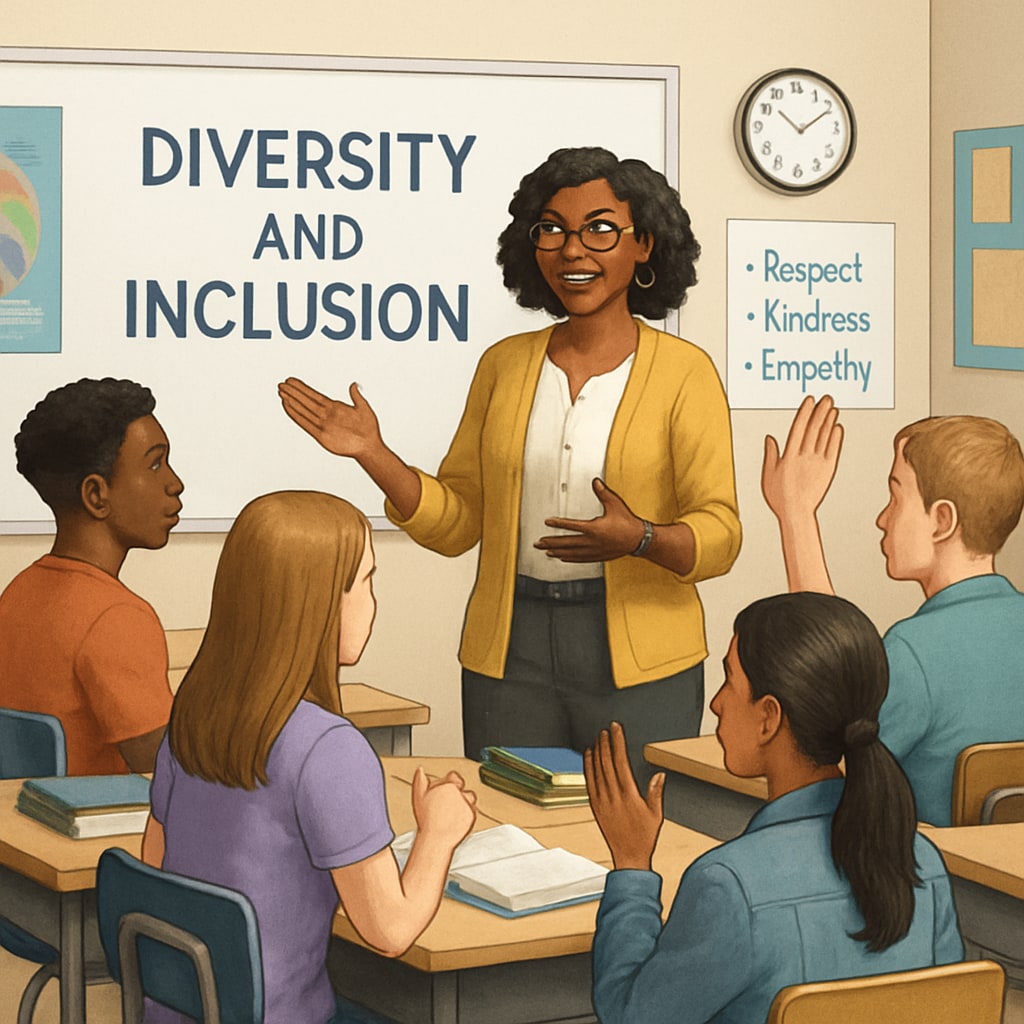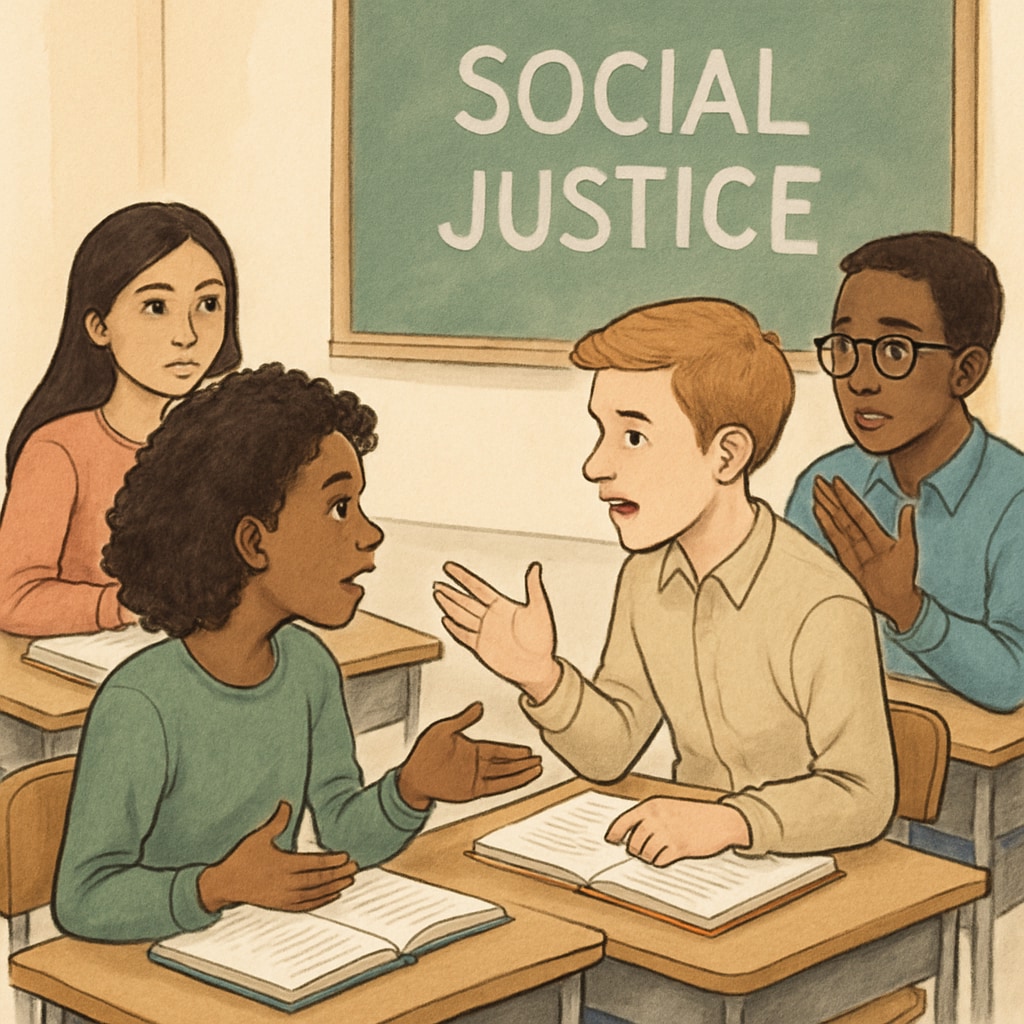Recent research on “school wokeness,” students’ perspectives, and its growing influence in educational environments has sparked significant discussions. The study explores how students perceive the increasing prevalence of political ideologies in schools and the impact it has on their learning experiences. This article delves into the findings, shedding light on how the concept of “wokeness” is shaping modern education and the challenges it presents to both students and educators.
What Does “Wokeness” in Schools Mean to Students?
The term “wokeness” originally referred to awareness of social injustices, but in educational contexts, it has evolved to encompass a range of political and cultural ideologies. For students, this can mean encountering curricula, policies, or discussions focused on topics like inclusivity, equity, and social activism. However, perceptions of wokeness vary widely among students. Some see it as a positive step toward creating a more equitable and empathetic environment, while others feel it imposes certain viewpoints or stifles open discussions.

For example, a significant portion of students in the study felt that discussions about social justice were essential, as they fostered critical thinking and empathy. However, others expressed concerns that the emphasis on wokeness sometimes overshadowed academic rigor or discouraged dissenting opinions. These contrasting views highlight the complexity of addressing social issues in education.
The Challenges of Balancing Ideologies in K12 Education
Introducing political and cultural ideologies into K12 education presents both opportunities and challenges. On one hand, integrating discussions about equity and inclusivity can prepare students for a diverse and globalized world. On the other hand, if not managed carefully, it can lead to polarization or feelings of alienation among students with differing perspectives.
The study identified three key challenges students face regarding wokeness in schools:
- Perceived Bias: Some students felt that their teachers or curricula favored specific ideologies, making it difficult to explore opposing viewpoints.
- Fear of Reprisal: Others expressed hesitation to voice their opinions, fearing backlash from peers or educators.
- Academic Focus: A minority of students worried that focusing on social issues detracted from traditional academic subjects like math, science, and literature.
To address these challenges, schools need to strike a balance between fostering open dialogue and maintaining academic integrity. This requires training educators to facilitate inclusive discussions without imposing their personal beliefs.

The Broader Implications of Wokeness in Education
The influence of wokeness in schools extends beyond the classroom. For many students, these discussions shape their understanding of citizenship, ethics, and community responsibility. However, the study also revealed that the long-term impact of wokeness on students’ personal and professional lives remains uncertain.
According to experts, the key is to create an educational environment where diverse perspectives are valued. By doing so, schools can help students develop the critical thinking skills needed to navigate complex societal issues without alienating those with differing viewpoints.
For educators and policymakers, this means implementing strategies that emphasize dialogue over dogma. Encouraging respectful debate, providing balanced curricula, and supporting teachers with adequate training are all essential steps toward achieving this goal.
Conclusion: Navigating the Future of Wokeness in Schools
The research on school wokeness, students’ perspectives, and its role in education underscores the need for thoughtful approaches to integrating social and political ideologies in schools. While wokeness can enrich students’ understanding of the world, it also presents challenges that require careful consideration. By fostering open dialogue, embracing diversity of thought, and maintaining academic rigor, schools can prepare students for the complexities of modern society while respecting their individuality.
As schools continue to adapt to cultural shifts, it is crucial to prioritize student voices in the conversation. Their insights provide valuable guidance for shaping an education system that is not only inclusive but also empowering. In the words of one student from the study, “Education should be about learning to think, not being told what to think.”
For further reading on the topic, check out Critical Race Theory on Wikipedia and Social Justice on Britannica.


